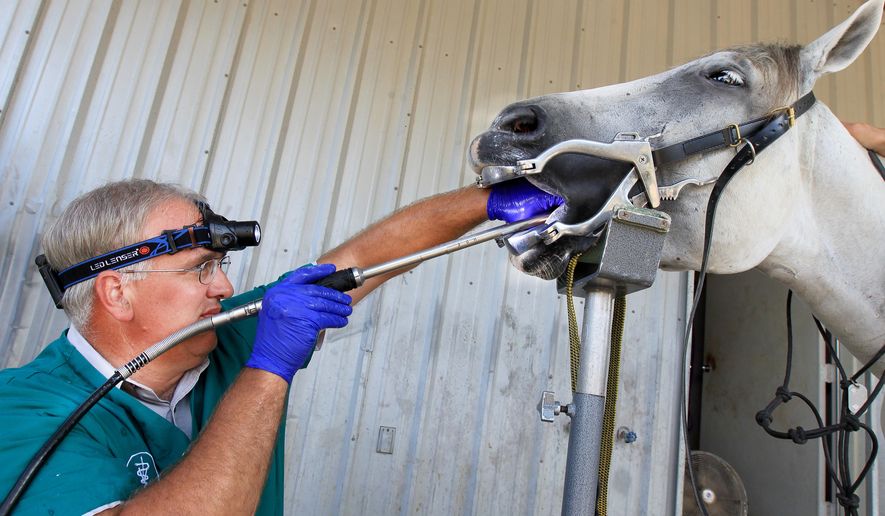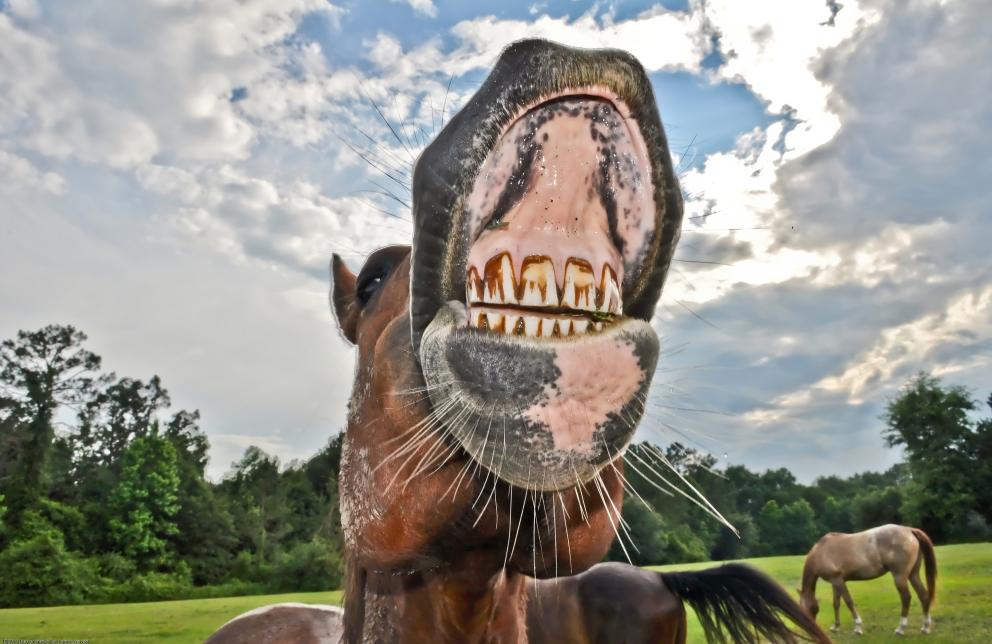When it comes to the health of your horse, understanding the differences between a horse vet and an equine dentist can significantly impact the quality of care your horse receives. Both play crucial roles in maintaining equine health, but their areas of expertise can sometimes overlap, leading to confusion. To make informed decisions for your horse’s health, it’s essential to know precisely what each professional offers.

What Does a Horse Vet Do?
A horse vet, or equine veterinarian, is a medical professional who focuses on the general health and well-being of horses. They are trained to diagnose and treat a wide range of health issues. From vaccinations to emergency surgeries, vets cover everything that might affect a horse’s overall health.
General Health Care
Regular check-ups with a horse vet are crucial for preventative care. Vets can administer vaccines, perform health screenings, and provide nutritional advice to keep your horse healthy. For more information on essential health checks, you can refer to this mouth exam checklist.
Emergency Care
In emergencies, a vet is the first point of contact. Whether it’s a sudden illness or an injury, vets are equipped with the skills and tools to manage critical situations. They can perform surgeries, treat injuries, and manage recovery.
What Does an Equine Dentist Do?
An equine dentist specializes in the dental care of horses. Dental health is a crucial aspect of a horse’s overall well-being, affecting its ability to eat, perform, and stay healthy. To learn more about dental care, check out this resource on equine dental care.
Routine Dental Care
Regular dental check-ups are essential for preventing issues such as tooth decay or misalignment. An equine dentist can perform procedures like floating, which involves filing down the sharp edges of teeth to prevent discomfort and injury.
Specialized Treatments
Equine dentists also handle more complex procedures. They can perform extractions, treat oral tumors, and manage other specialized dental conditions. For detailed insights, consider reading about oral tumors.
Why Both Professionals Are Important
While there is some overlap in the care that vets and dentists provide, both are essential for comprehensive equine health. Vets offer a broad spectrum of medical care, while equine dentists focus on specialized dental treatments.
Complementary Roles
Vets and equine dentists often work together to ensure a horse’s overall health. For instance, a vet might refer you to a dentist if they detect dental issues during a routine exam. Conversely, an equine dentist might alert you to other health issues they observe, prompting a visit to the vet.
A Holistic Approach
A holistic approach to equine health considers the entire health spectrum, integrating both veterinary and dental care. This comprehensive approach can improve your horse’s quality of life and longevity. For insights into how age affects dental health, visit the dental aging guide.
Choosing the Right Professional
When deciding between a horse vet and an equine dentist, consider the specific needs of your horse. Is your horse experiencing general health issues, or do they have specific dental concerns?
Assessing Needs
Evaluate your horse’s symptoms and health history. If dental issues are prominent, an equine dentist is the right choice. For broader health concerns, a vet should be consulted.
Regular Consultations
Regular consultations with both a vet and a dentist ensure comprehensive care. Establish a routine schedule for check-ups and stick to it to catch any potential issues early.
Cost Considerations
Cost is an important factor when considering veterinary and dental care. While both can be expensive, neglecting either can lead to more costly health issues down the line.
Budgeting for Care
Plan a budget that includes routine veterinary and dental care. This proactive approach can save you money by preventing more serious health issues.
Insurance Options
Consider equine insurance that covers both veterinary and dental care. Insurance can significantly offset the costs of unexpected health issues.
Conclusion
Understanding the roles of a horse vet and an equine dentist is crucial for maintaining your horse’s health. Both are vital, and their services complement each other to ensure comprehensive care. By knowing when to seek each professional’s expertise, you can help keep your horse healthy and happy.

FAQs
What are the signs my horse needs dental care?
Signs include difficulty eating, dropping food, weight loss, and foul breath. Regular check-ups can prevent these issues.
How often should I schedule vet visits?
Routine vet visits are recommended at least once a year, with more frequent visits for specific health issues.
Can a vet perform dental work?
Some vets are trained in basic dental care, but complex procedures should be handled by a specialized equine dentist.
This article contains affiliate links. We may earn a commission at no extra cost to you.
